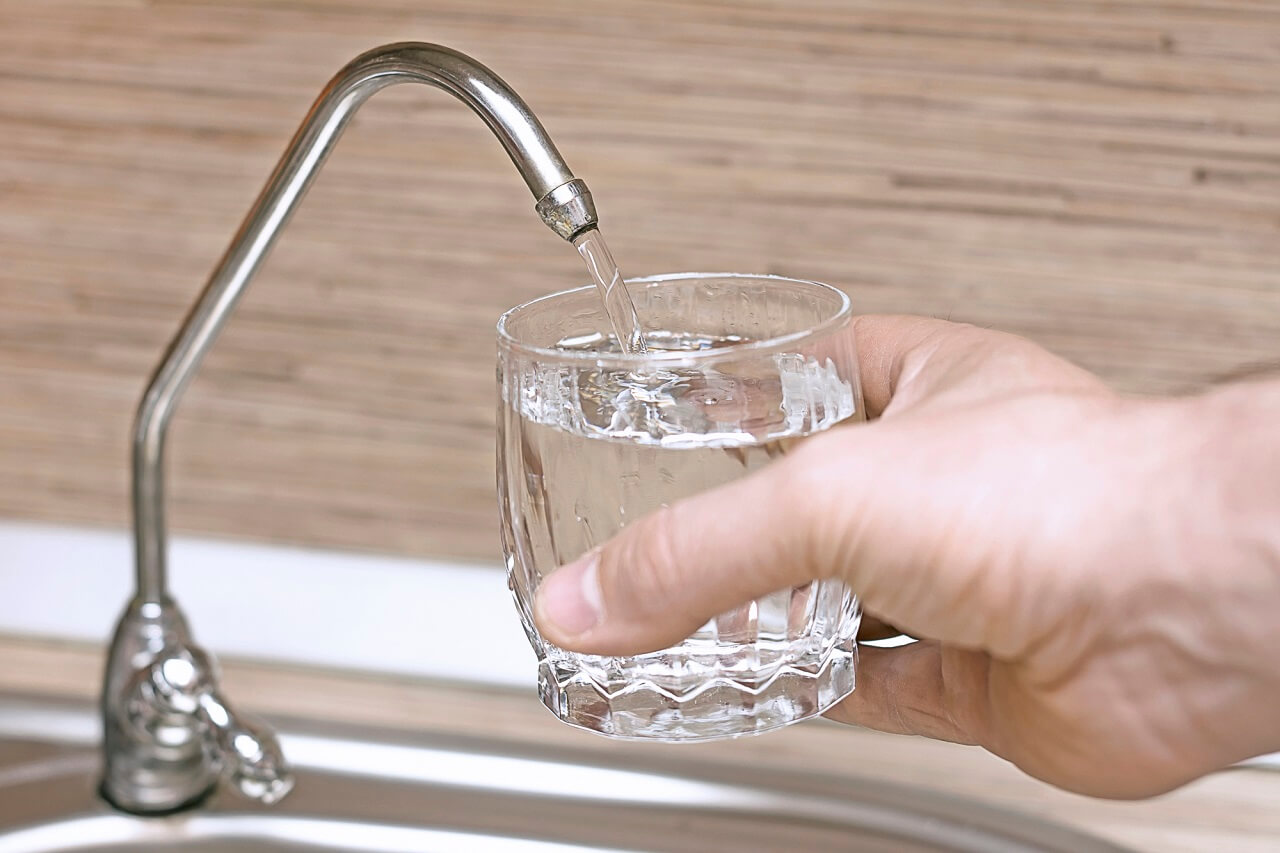
Purifying Your Water
Water filters will purify your drinking water, making your home healthier for your family. There are many kinds available, and it may be difficult to know which one to get. They all filter different materials, and you need to get the right one for your needs. Below are the common types of water filters for your home.
Activated Carbon
These filters are good for removing chloroform, organic substances, and chlorine. They work through adsorption, which is the process of a material sticking to another material’s surface. The large surface area of the activated carbon enables it to bind to contaminants, purifying the water.
Ultraviolet Water Filters for Your Home
UV filters use ultraviolet light to clean water. These filters effectively remove viruses and bacteria from water. Microbial cells contain DNA which absorbs the UV light and kills them. Since UV filters get rid of bacteria and viruses, you should use UV filters alongside other filters to remove other water contaminants.
Mechanical Filters
These filters are good for eliminating waste matter and physical particles in water. Mechanical filters contain pads, synthetic foam, or nylon floss, which traps the waste material as water passes through. Mechanical water filters for your home aren’t effective in removing the extremely small water contaminants, such as bacteria and protozoa, so are best used as a pre-filter.
Reverse Osmosis Water Filters for Your Home
Reverse osmosis filters are the most popular water filters due to their effectiveness. These water filters for your home eliminate the largest percentage of water contaminants like fluoride, nitrates, lead, and other heavy metals.
This type of filter applies pressure to water containing dissolved solids. When the water goes over the filter to the side of less pressure, the filter will catch those contaminants, purifying the water. Besides filtering water, reverse osmosis filtration will remove salt and other minerals from the water, which will soften the water of the home.
Ion-Exchange Filters
An ion exchange filter works by having water pass through a column of polymer resin beads that are designed to bind with calcium and magnesium, two minerals that contribute to hard water. The polymer beads have sodium ions on them and when the water passes through, a sodium ion will be exchanged with a calcium or magnesium ion.
This type of filter is only good for softening water and is not going to remove harmful contaminants. You should have another filtration system in place if you are also concerned about the water containing toxins.
When choosing water filters for your home, analyze the quality of your tap water first. Tap water varies depending on the region and the source. If you are unsure about the quality of your tap water, hire a professional to test your water to know the contaminants present. Then choose a water filter suitable for your specific filtration needs.
DJR Home Inspections provides inspection services to customers in central and southern New Jersey. Contact us to schedule an inspection.
